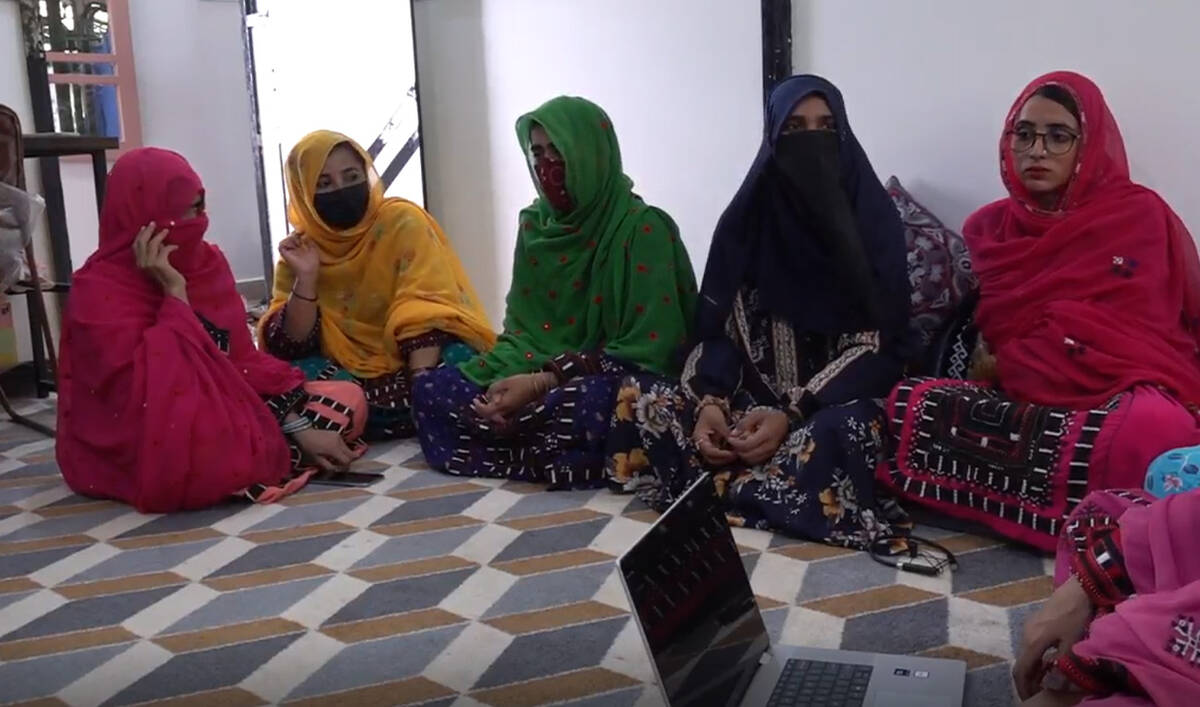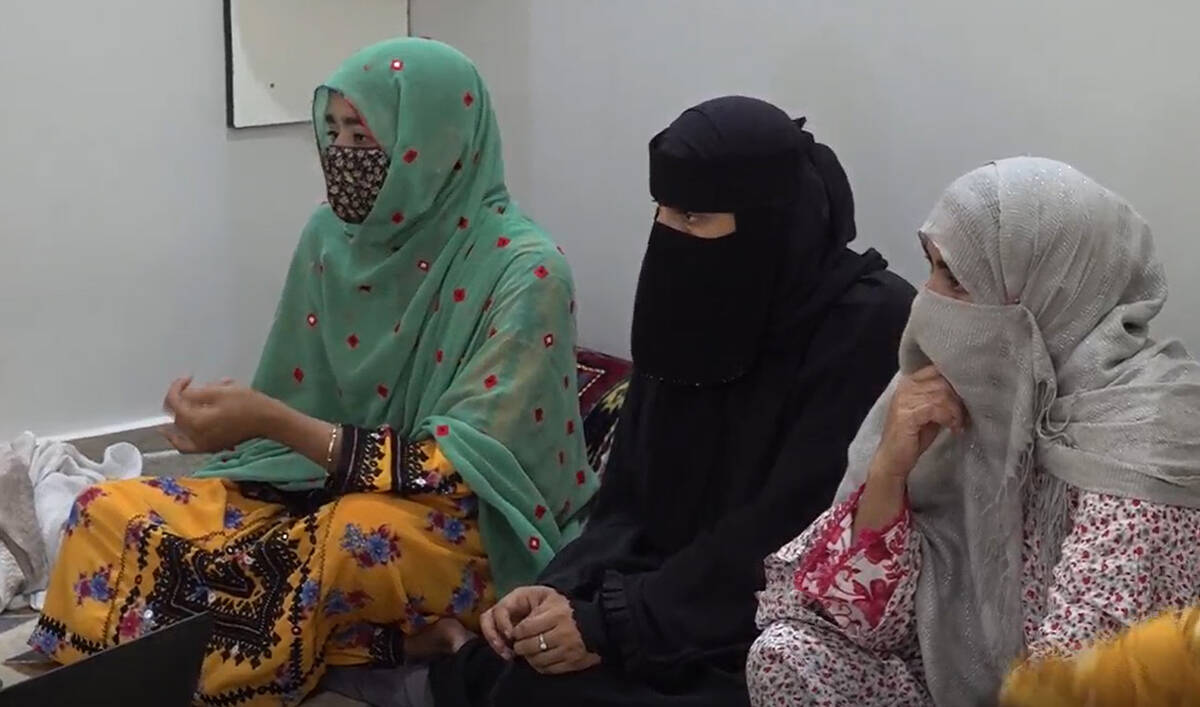ISLAMABAD: Pakistani Law Minister Azam Nazeer Tarar said on Thursday it would serve political stability if general elections were held across the country on the same date, while Pakistan’s parliament adopted a resolution rejecting a Supreme Court order to hold provincial snap polls.
The law minister’s comments at a press briefing laid bare the federal government’s plans to defy the ruling by the Supreme Court that elections in the country’s most populous and politically important province of Punjab be held on May 14 and the Election Commission of Pakistan’s (ECP) subsequent announcement of that day as the formal date for polling.
Provincial assemblies in the Punjab and Khyber Pakhtunkhwa provinces were dissolved in January by former Prime Minister Imran Khan and his allies in a bid to force early general elections since Pakista historically holds the provincial and national elections together. On the other hand, the coalition government led by PM Shehbaz Sharif is reluctant to hold the votes now as it struggles with an economic crisis and rising militant attacks.
After weeks of delays in announcing the election dates in the two provinces by their respective acting governors and the election commission, the Supreme Court had started debating the legality of the delays.
According to the Pakistani constitution, elections must be held within 90 days of the dissolution of a legislative assembly. General elections in Pakistan are due in late October.
“I don’t think there would be any crisis if elections are not held on the 14th of May,” Tarar told journalists in Islamabad.
“Elections in pieces will not bring stability in the country and the best solution is to hold elections as per the constitution scheme at the one and the same time within the bounds of the constitution,” he said.
Following this Tuesday’s verdict by a three-judge bench of the Supreme Court that polls had to be held on May 14, Tarar had said it would deepen the constitutional crisis and more judges should have heard the landmark case to avoid any doubts amid reports of divisions within the higher judiciary. The government has been asking for the formation of a full court but the chief justice rejected the request.
On Thursday, Tarar once again proposed that a full court bench be constituted to decide on the matter.
“Those 13 honorable judges [of the Supreme Court] should sit together and pass an order after examining all these issues which will be acceptable to all institutions and stakeholders,” the minister added.
“Keeping in view the rest of the three [legislative] assemblies [in Pakistan] will also complete their tenure, let’s go for the elections in the entire country at one and the same time as it is not far away,” he added.
In any case, Tarar said, if elections were held in Punjab and then in KP in May, it would still be past the 90-day deadline.
“Now if we are already not within that limit of time, why don’t we then accept the constitution scheme as a whole entirely so it would strengthen the political regimes in Pakistan instead of going for controversial elections in pieces,” Tarar said.
Hours after Tarar’s press conference, Pakistan’s parliament adopted a resolution rejecting the Supreme Court order to hold provincial snap polls, the house speaker said.
The speaker, in a live TV telecast, said the motion was adopted with a majority.


















